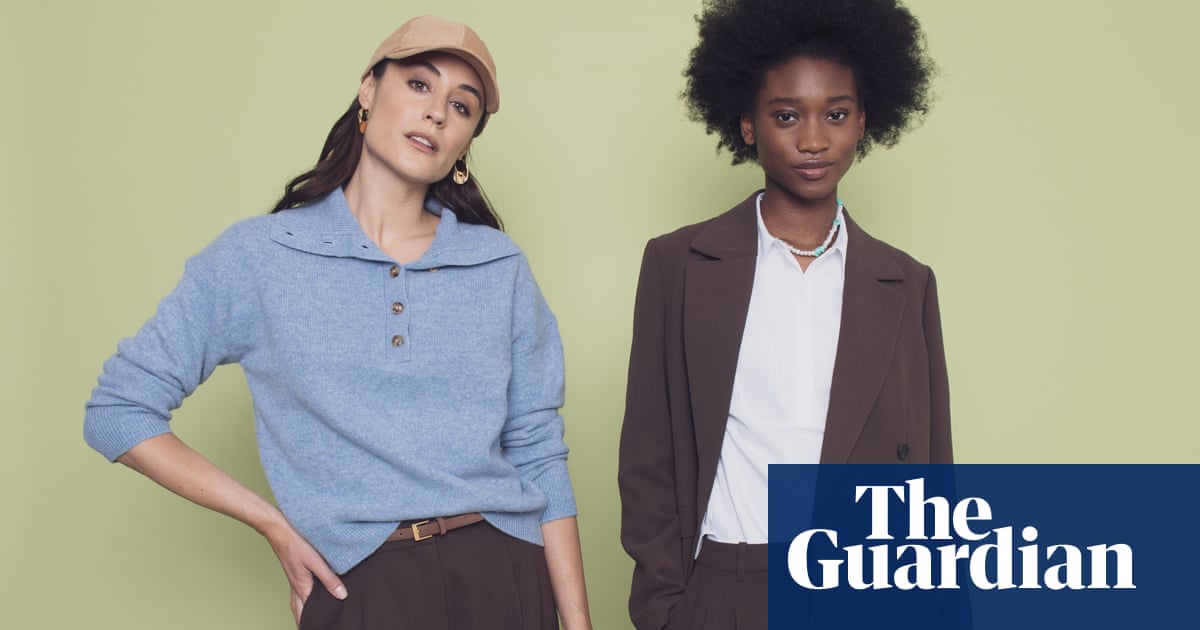From struggling to walk or even stand at times as a child because of rickets to using a steady aim to win a bronze in the 10m air pistol at the Paralympic Games — Rubina Francis has overcome the odds to come a long way. The 24-year old became India’s first female pistol shooter to win a Paralympic medal on Saturday. She wore customised shoes to help her stay balanced as she won India’s fourth shooting medal at this Paralympic Games. She scored a total of 211.1 in the eight-women final at the Chateauroux Shooting Range.
Iran’s Sareh Javanmardi claimed the gold with 236.8 while Turkey’s Aysel Ozgan took the silver medal with 231.1 points.

Back home in Jabalpur, Rubina’s father Saiman Francis, a mechanic, took the day off to follow his daughter’s progress. Three years ago in Tokyo, she finished seventh. Paris was a day of redemption for the gutsy shooter.
Rubina Francis 🥉 Women’s 10m Air Pistol SH1 Bronze Medal Winner 🤩 #Paris2024 #Cheer4Bharat #Paralympic2024 #ParaShooting@mansukhmandviya @MIB_India @PIB_India @IndiaSports @ParalympicIndia @PCI_IN_Official @Media_SAI @AkashvaniAIR @DDNational @DDIndialive @DDNewslive… pic.twitter.com/JCdMK9HTyc
— Doordarshan Sports (@ddsportschannel) August 31, 2024
“This is my first Paralympics medal and I can’t express myself in the right words. I am so excited, I finally got it. It has taken me 10 years to get on the podium. This was my dream, to win a medal,” Rubina said after winning the bronze.
Inspired by Gagan Narang
Rubina got interested in shooting after watching Gagan Narang win a bronze medal at the London Olympics, her father Saiman Francis said.
“She was always inspired by sportspersons, especially Gagan Narang and now that she has emulated her idol’s feat of winning a medal at the Olympic level, it will give her a lot of joy,” Francis told The Indian Express.
He recalls that when he used to return home after work, a young Rubina would often talk about sports stars she had watched on television.
Born with rickets, a condition resulting in weak or soft bones in infants, Rubina would find it difficult to play like other children. But after watching Narang’s feat on television, she felt shooting was a sport she could attempt. Rubina still has pain in her knees and legs even now and has to regularly visit the doctor. “She tells us that she has learnt to not think about the pain or the tightness in the bones,” Francis said.
Rubina’s shooting journey began in 2015. St Aloysius School, where she studied, had Narang’s Gun for Glory centre. She was selected for pistol shooting and trained under coach Nishant. In two years she had shown enough promise to be selected for the Madhya Pradesh Shooting Academy.
“The biggest problem we faced in Rubina’s case was her body movement due to the bent knees and it resulted in the pistol hand shaking. So we got her a custom pair of shoes. Once we controlled the body movement, we would focus on her wrist position as well as adjusting the pistol grip to suit her technique,” Jai Vardhan Singh, the coach at the Madhya Pradesh Shooting Academy, said.
Rubina would soon break into the Indian Para Shooting team with some fine performances on the domestic circuit before she bagged the Tokyo Paralympics quota with a final appearance in the France Para World Cup. A silver in the P5 category in the same event in the Para World Cup in Peru last year coupled with a bronze in the P2 category in last year’s Hangzhou Para Asian Games helped the Indian shooter reach the second spot in world rankings. It helped her get the bipartite quota for India for the Paris Paralympics. “Initially she would shoot scores of 550-560 but then she made rapid progress and would shoot scores around 575. The World Cup final in 2018 and the Tokyo Paralympics final appearance helped her experience and realise the kind of pressure in a final. We worked on her final training too, making her shoot in ‘final situations’ with other shooters,” Singh said.
Rubina, who is now posted as Income Tax officer in Mumbai, had also bought her own pistol, a Steyr LP 10 as her first pistol and a Morini 200 and a Morini Titanium after that. “She adjusted well to her own pistol after shooting with shared pistols for years and the more she practised with her own guns, it helped her better the technique and gave us a chance too to customise things which suited her,” Singh said.
On Saturday, the Indian shooter had qualified for the final with a seventh place with a score of 556. In the final, the Indian made a fine start with first three shots of 10.7, 10.3 and 10,3 before only one score above ten in the next seven shots saw her drop to the sixth spot after the second series. In the elimination series, Rubina shot only two shots above 10 but the low and high 9s helped her clinch the bronze.
“She had an average day in qualification but then she made a fine start in the final which helped her in the end. Yes, there was some pressure of missing out on a medal in the Tokyo Paralympics as it showed with her hitting only two tens in the remaining shots but then the nines meant that medal was within her grasp. She could have improved the colour of the medal but this will motivate her further,” coach Singh said.
Avani Lekhara, Mona Agarwal and Manish Narwal on the podium on Friday and Rubina on Saturday — Indian shooting at the Paralympics is making a mark










